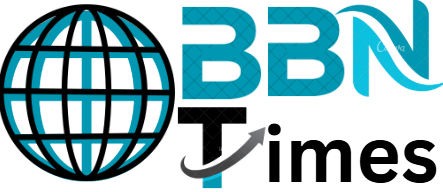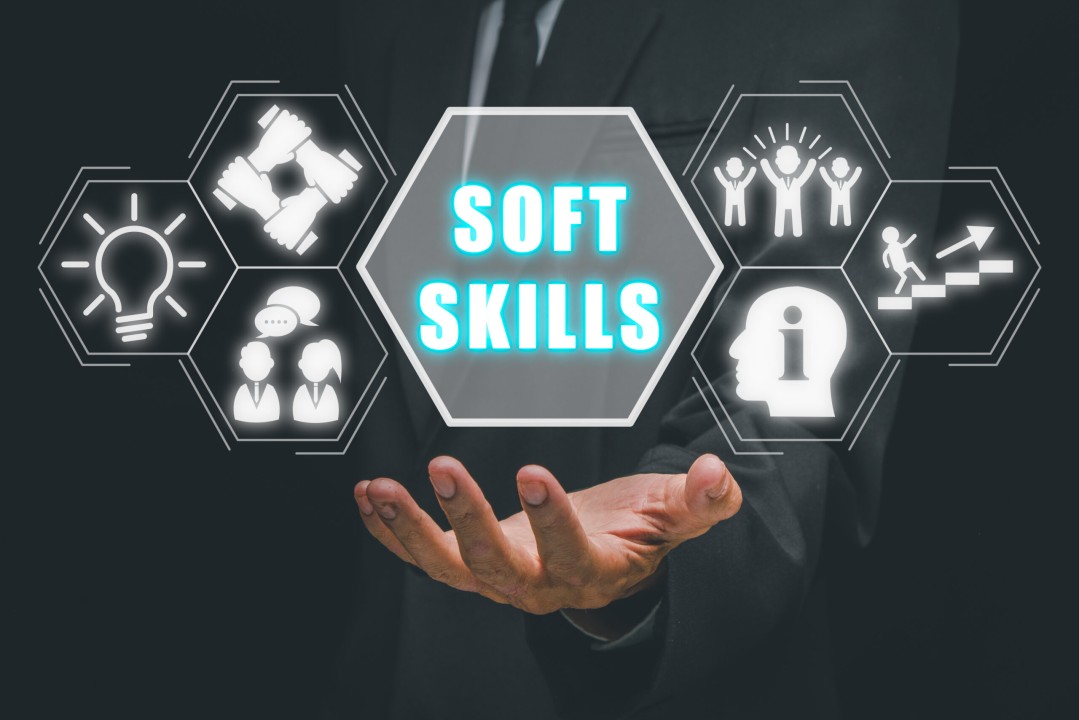When people think about success, they often focus on technical knowledge or professional qualifications. While these hard skills are important, there’s another set of skills that quietly shapes careers, relationships, and personal growth—soft skills.
Soft skills are the invisible strengths that make a person pleasant to work with, inspiring to follow, and effective in any environment.
What Are Soft Skills?
Soft skills are personal, social, and emotional abilities that affect how you interact with others, approach problems, and adapt to change. Unlike hard skills, which can be taught in a classroom, soft skills are often developed through experience, reflection, and consistent practice.
Why Soft Skills Matter
- In the Workplace: Employers seek people who can collaborate, lead, and handle challenges calmly.
- In Education: Students with strong communication, adaptability, and teamwork skills perform better in group projects and presentations.
- In Life: Soft skills help you manage stress, maintain relationships, and make sound decisions.
10 Essential Soft Skills You Need to Master
1. Communication Skills
Being able to clearly express your ideas and actively listen to others is the cornerstone of all human interaction.
Why It Matters:
Good communication reduces misunderstandings, builds trust, and makes collaboration smoother. Whether it’s writing an email, giving a presentation, or talking to a client, your ability to communicate can make or break opportunities.
Tips to Improve:
- Practice active listening (give full attention before responding).
- Use simple, clear language.
- Pay attention to body language and tone.
Example:
A project manager explains complex tasks to a team in a way that everyone understands, preventing delays.
2. Teamwork
The ability to work well with others and contribute to shared goals is vital in almost every career.
Why It Matters:
Even the most talented individual needs support from others. Good teamwork ensures productivity, reduces conflicts, and fosters innovation.
Tips to Improve:
- Be respectful of different working styles.
- Offer help when teammates are struggling.
- Celebrate team successes, not just personal wins.
Example:
A marketing team collaborates to launch a campaign by pooling diverse skills—design, copywriting, and data analysis.
3. Adaptability
The world changes fast—new technologies, shifting markets, and unexpected challenges require flexibility.
Why It Matters:
Adaptable individuals stay calm under pressure and are open to learning new skills when needed.
Tips to Improve:
- Embrace change instead of resisting it.
- See problems as opportunities for growth.
- Be willing to try unfamiliar tasks.
Example:
A teacher quickly adapts to online classes during a sudden school closure, learning new tools to keep students engaged.
4. Problem-Solving
Finding solutions to challenges—especially under pressure—is a valuable skill in any role.
Why It Matters:
Employers value people who don’t just identify problems but take steps to fix them.
Tips to Improve:
- Stay calm when challenges arise.
- Break problems into smaller, manageable parts.
- Think creatively and explore multiple solutions.
Example:
A restaurant manager solves a supply shortage by sourcing ingredients from a local market instead of waiting for the usual delivery.
5. Time Management
Organizing your tasks and using your time wisely boosts productivity and reduces stress.
Why It Matters:
Deadlines are a reality in work and life. Poor time management can hurt both performance and reputation.
Tips to Improve:
- Use planners or digital tools to track tasks.
- Prioritize important work over less urgent tasks.
- Avoid multitasking for better focus.
Example:
A student breaks a 5,000-word assignment into daily writing goals, avoiding last-minute stress.
6. Emotional Intelligence (EQ)
EQ is the ability to understand your own emotions, recognize others’ feelings, and respond appropriately.
Why It Matters:
High EQ helps you build trust, manage stress, and resolve conflicts peacefully.
Tips to Improve:
- Reflect on your emotions before reacting.
- Practice empathy—try to understand others’ perspectives.
- Manage stress through healthy coping strategies.
Example:
A customer service representative calms an angry client by listening carefully and showing genuine concern.
7. Leadership Skills
Leadership is more than giving orders—it’s about inspiring others to do their best.
Why It Matters:
Strong leaders motivate teams, create a positive work culture, and guide projects to success.
Tips to Improve:
- Lead by example—show commitment and integrity.
- Support your team’s growth through feedback and encouragement.
- Learn to delegate tasks effectively.
Example:
A sports captain motivates teammates during a tough match by staying positive and encouraging effort.
8. Creativity
Creativity means thinking beyond the obvious and generating fresh ideas.
Why It Matters:
It’s not just for artists—creative thinking is valuable in problem-solving, marketing, product development, and innovation.
Tips to Improve:
- Challenge yourself to find multiple solutions.
- Expose yourself to different perspectives.
- Keep a journal of ideas.
Example:
A business owner creates a unique delivery service package to stand out from competitors.
9. Conflict Resolution
Disagreements are inevitable, but resolving them respectfully is an essential skill.
Why It Matters:
Unresolved conflicts can damage teamwork and productivity. Good conflict resolution keeps relationships healthy.
Tips to Improve:
- Stay neutral and avoid personal attacks.
- Listen to all sides before making decisions.
- Focus on solutions, not blame.
Example:
A team leader resolves a disagreement between two employees by helping them find a compromise.
10. Work Ethic
A strong work ethic means being reliable, responsible, and committed to high standards.
Why It Matters:
Employers trust and value people who consistently deliver their best.
Tips to Improve:
- Show up on time and meet deadlines.
- Take pride in your work.
- Be self-motivated, even without supervision.
Example:
An employee stays late to ensure a client project is finished on time, showing dedication.
Soft Skills vs. Hard Skills

Final Thoughts
Soft skills are like the oil in an engine—they keep everything running smoothly. No matter how much technical knowledge you have, without communication, teamwork, and adaptability, your journey will be harder. By developing these skills, you give yourself an edge in your career and personal life.




